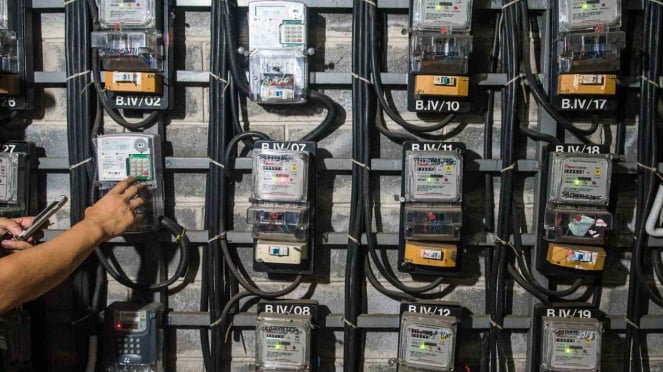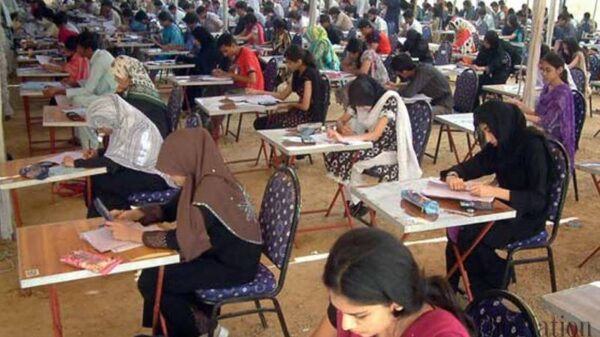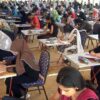Electricity Bills
The National Electric Power Regulatory Authority (NEPRA) has imposed revised fixed charges on domestic electricity consumers, which will be collected starting from July 1.
These fixed charges are designed to increase the revenue of electricity distribution companies (Discos) and will vary depending on the consumption levels of the users.
For consumers using up to 200 units, there will be no fixed charges applied, offering some relief to lower usage households. However, for those using more electricity, the charges will be incrementally applied based on their usage.
According to NEPRA’s new tariff structure, consumers using between 301 to 400 units will face a fixed charge of Rs200 per month. This charge increases for higher usage categories.
Consumers using between 401 to 500 units will be charged Rs400 per month. For those whose usage falls between 501 to 600 units, the fixed charge will be Rs600 per month.
The fixed charge for consumers using between 601 to 700 units is also set at Rs600 per month. However, those using more than 700 units will see a significant increase, with a fixed charge of Rs1000 per month.
This tiered approach aims to distribute the financial burden more equitably among consumers, ensuring that those who consume more electricity contribute more to the revenue needs of the Discos.
The revenue generated from these fixed charges is crucial for maintaining and upgrading the infrastructure of the electricity distribution network, ensuring consistent and reliable power supply.
NEPRA has clarified that the rationale behind these fixed charges is to support the financial stability of the electricity distribution companies, which in turn will help in better service delivery and infrastructure improvements.
By increasing the fixed charges, the Discos aim to mitigate their revenue shortfalls and enhance their capacity to invest in system upgrades and maintenance.
This move has been met with mixed reactions from the public. While some appreciate the need for a robust and reliable electricity distribution system, others are concerned about the financial impact of these additional charges, especially in light of rising living costs.
In conclusion, NEPRA’s imposition of fixed charges on domestic electricity consumers is a strategic effort to bolster the revenue of electricity distribution companies.
By targeting higher consumption brackets, NEPRA aims to ensure that the financial burden is shared more equitably, thereby supporting the long-term sustainability and efficiency of the electricity supply network.
I am a dynamic professional, specializing in Peace and Conflict Studies, Conflict Management and Resolution, and International Relations. My expertise is particularly focused on South Asian Conflicts and the intricacies of the Indian Ocean and Asia Pacific Politics. With my skills as a Content Writer, I serve as a bridge between academia and the public, translating complex global issues into accessible narratives. My passion for fostering understanding and cooperation on the national and international stage drives me to make meaningful contributions to peace and global discourse.










